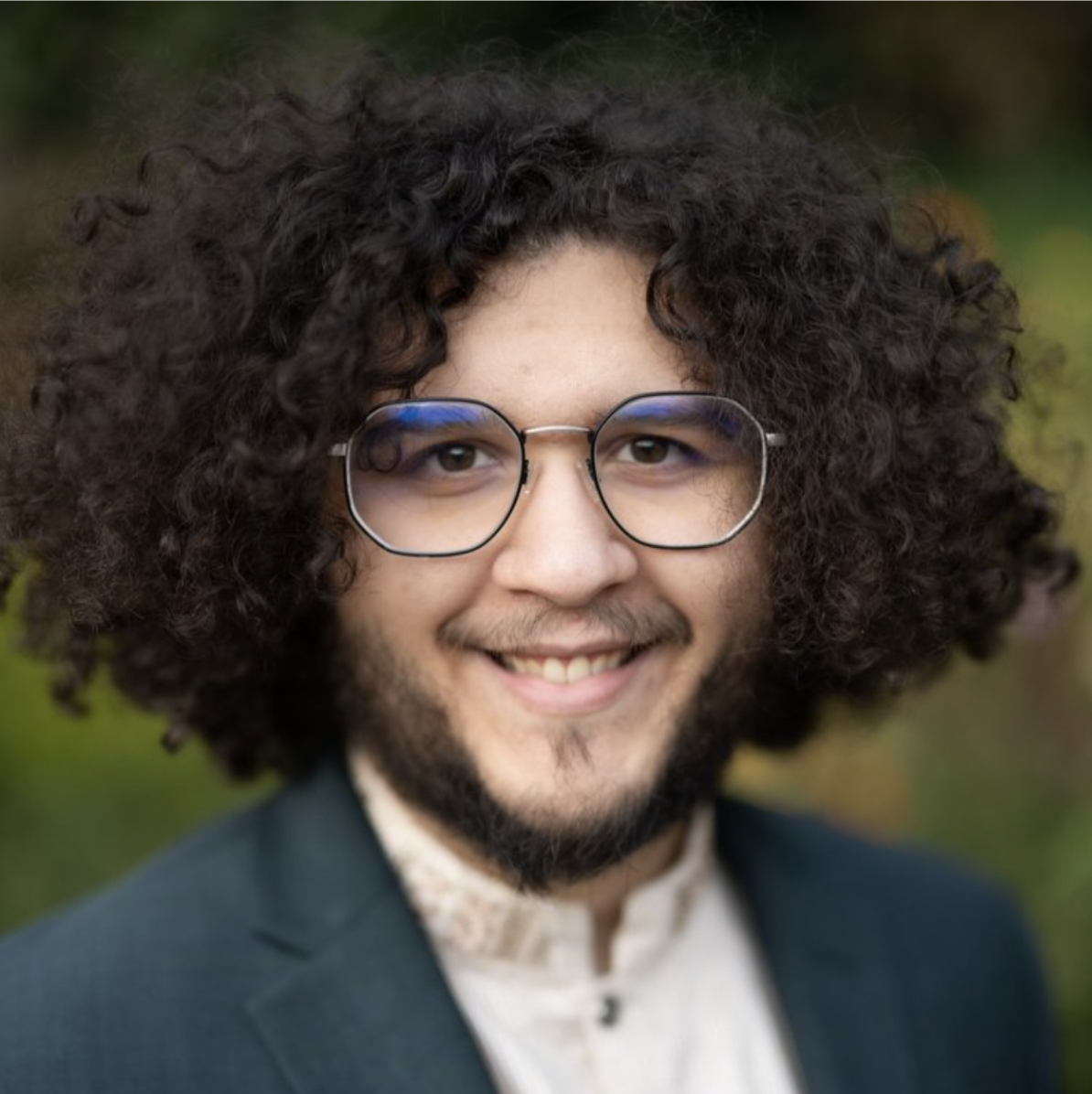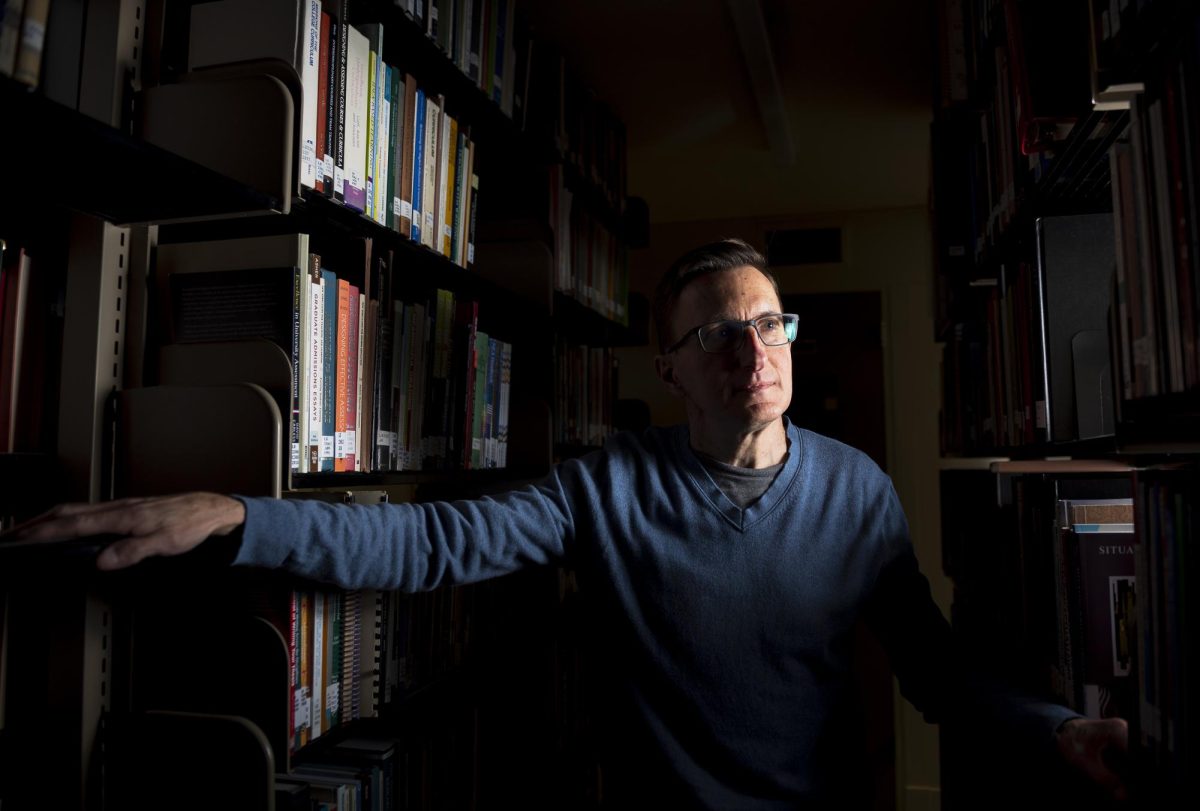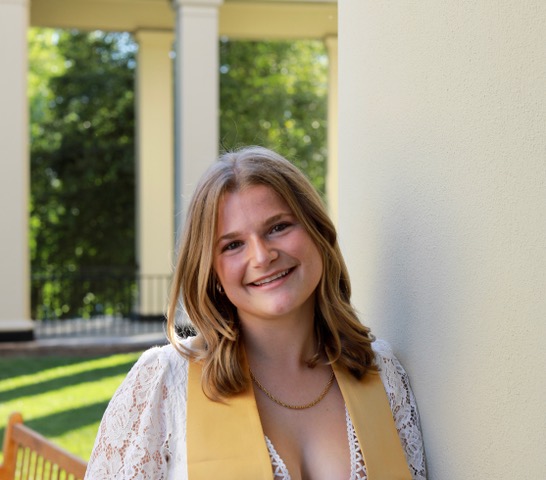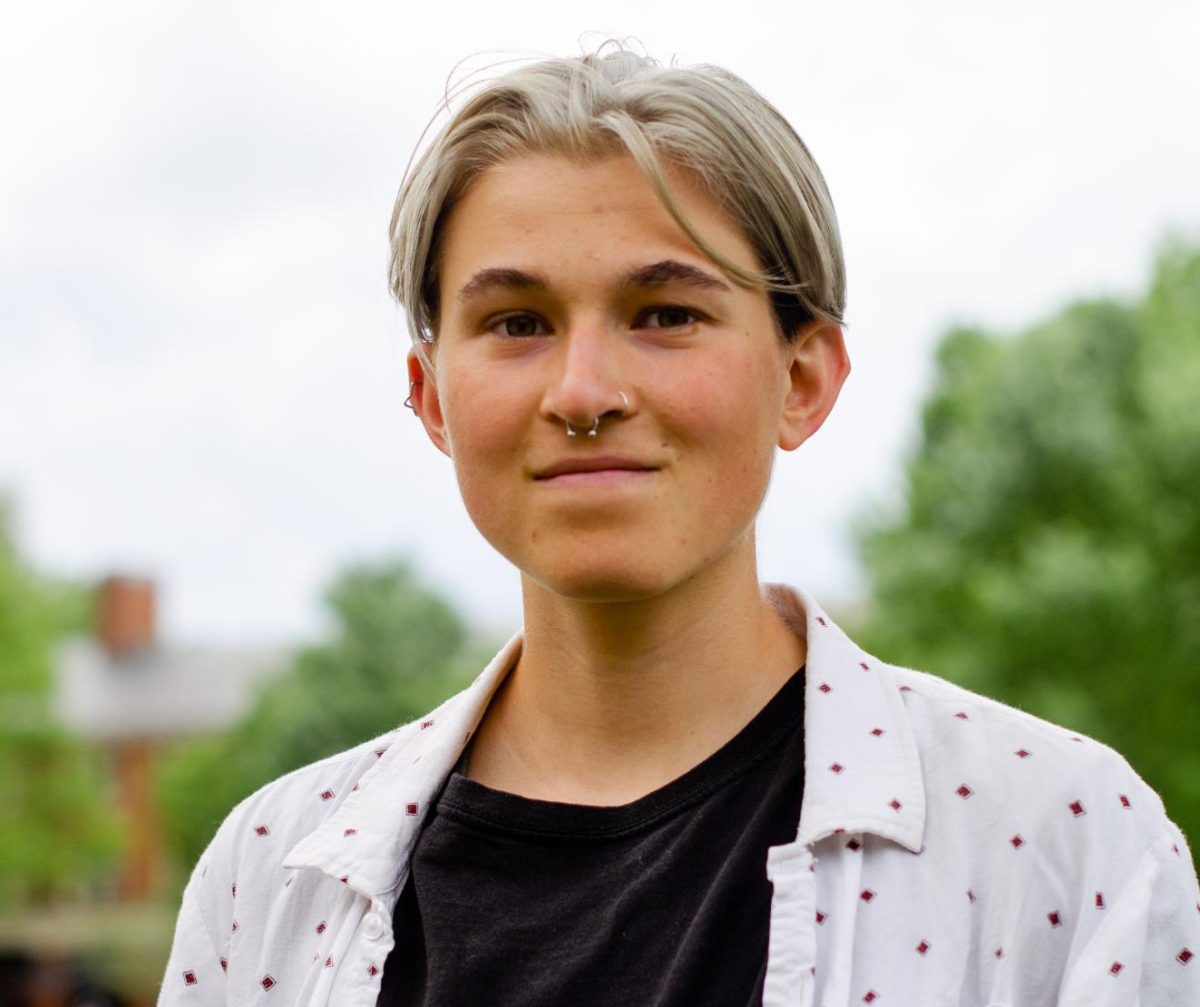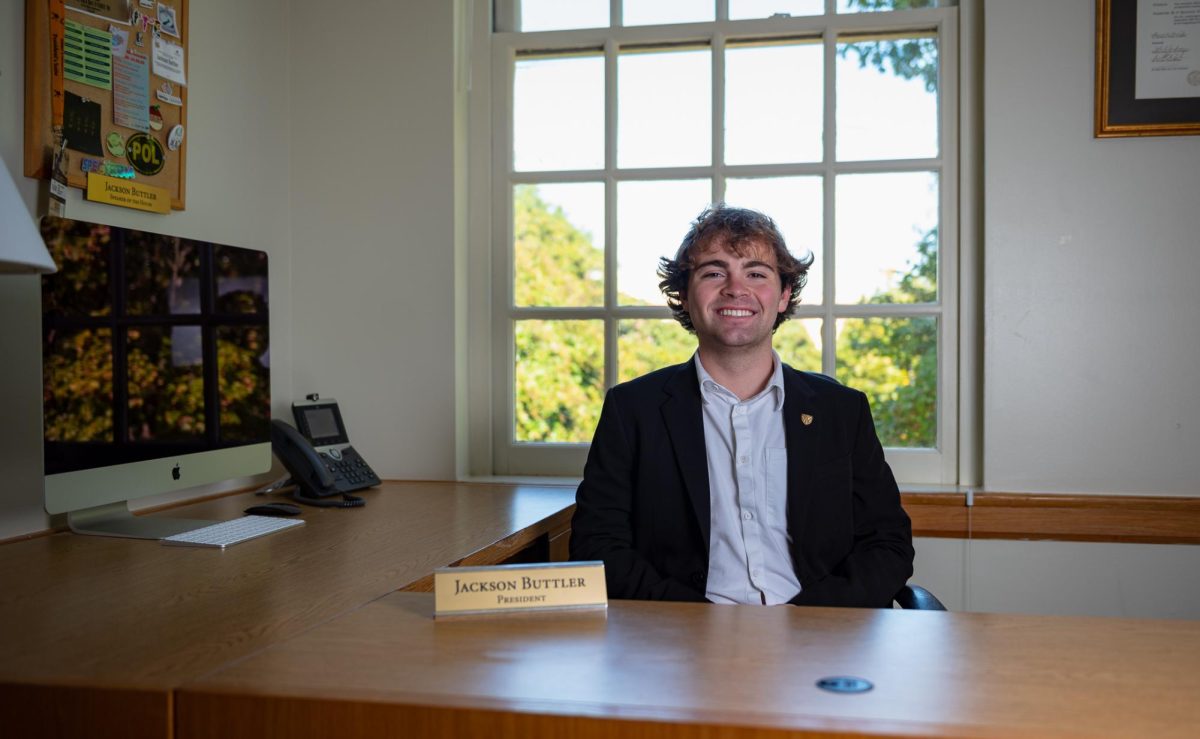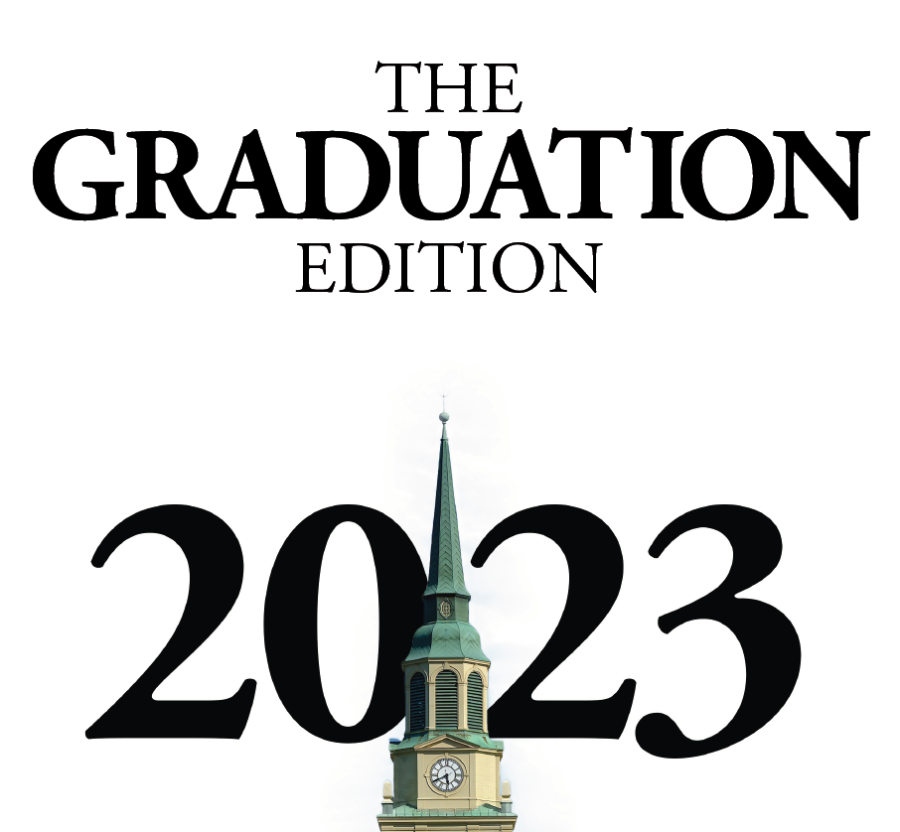When senior Oscar Bray began his East Asian studies minor, he knew that he wanted to pursue his passion for cultures and languages abroad. What he did not know was that, after graduating from Wake Forest in the spring of 2024, he would be headed to Peking University in Beijing for two years as a Yenching Scholar.
The Yenching Scholars Program is an internationally-renowned, prestigious fellowship that allows postgraduate students the chance to study and conduct research in China, with the goal of “shap[ing] new generations of global citizens with a nuanced understanding of China.”
Bray, born in Weimar, Germany, is no stranger to moving around. Growing up, he traveled throughout Europe alongside his mother, an opera singer, eventually settling in Bainbridge Island, Washington.
“I had always really enjoyed being in very intercultural spaces in the sense that I got really used to being in Europe and going between countries,” Bray said. “I remember I would go one weekend my mom would have a gig in Siena or something, and so I would just be this little 5-year-old playing soccer with some random other Italian 5-year-olds. I would go around and try new food, and I’d be in new places, and it never really seemed like that was an extraordinary thing.”
Even after Bray’s family relocated to the Pacific Northwest, and once he made his decision to attend college in North Carolina, he continued to seek out settings where he could explore other cultures. One of these multicultural spaces that he found on campus was the World Tea Association, which furthered his interest in East Asian studies.
“My mom and I used to drink Chinese tea every morning, from when I was in Europe to when I was here,” Bray said. “And so I always liked tea, and I was interested in getting more involved with [World Tea] my freshman year when the club was just getting started.”
Bray’s decision to join the World Tea Association was more than a way to supplement his academic interests. For Bray, the World Tea Association allowed him to cultivate a community at Wake Forest that was reminiscent of his multicultural upbringing and childhood a continent away.
“I really enjoyed the community in the natural landscape of the place where I grew up,” Bray said. “It’s a really nice place, but I didn’t have that same access to a lot of cultures that I used to. And then when I got to Wake [Forest] I sort of felt the same way.”
This community blossomed through the World Tea Association, carving out Bray’s path at Wake Forest and solidifying his academic goals.
“…World Tea Association got up and kicking and gave me that foundation to meet a bunch of different, new people that I like to hang out with,” Bray said. “It made me want to be in intercultural spaces, and it made me want to build more bridges between communities — and just hang out with people, I guess.”
Bray also delved into this passion through his First Year Seminar on ancient Greek and classical Chinese philosophy, taught by Dr. Win-chiat Lee in the philosophy department.
“That first year seminar was kind of make-or-break for me [in] the field,” Bray said.
In his second semester of his freshman year, Bray also took a Japanese history course taught by Dr. Robert Hellyer, who inspired him to pursue Japanese language courses to fulfill his foreign language divisional.
“I was thinking, ‘Should I take maybe Chinese or should I take Japanese?’ But I had just taken this class, and so I decided to take Japanese — which it turned out was perhaps the less convenient decision because now I have to start studying Mandarin,” he joked.
Bray’s Japanese language skills were put to use, however, during his independent study experiences at Wake Forest. In the summer of 2022, Bray received a fellowship through the Richter Scholarship and a grant through the Undergraduate Research and Creative Activities (URECA) Center that took him to Japan and Korea to study the history of empire and culture in the context of post-war Japan.
When Bray completed his research, he was eager to dive into another dimension of his East Asian studies minor by immersing himself in a country he had spent his academic career studying but had not yet stepped foot in: China.
“I had kept running into China in all the research that [I’d] been doing,” Bray said. “It was something that was long overdue: for me to go and actually do more research there.”
Though Bray is uncertain what his path will look like after the next two years in Beijing, he is hopeful that his language and history skills will grow alongside future opportunities. Most importantly, Bray is determined to continue studying Chinese culture — whether that be through pursuing a PhD in a Chinese history-related field or entering the foreign service.
“I am interested in research and I’m interested in working on the project that I proposed for Yenching,” Bray said. “I think that it is important that we have, in the United States, a greater wealth of knowledge on China.”
Once again, Bray credits this enthusiasm for expanding his knowledge on other cultures to the World Tea Association. And he is assured that this fascination will continue to guide his future endeavors.
“As part of the World Tea Association, you get to meet a lot of people from a lot of different backgrounds that otherwise campus doesn’t have — these social outlets that have been super, super diverse,” Bray said. “I think I really enjoy being able to just talk with people and build those sorts of relationships.”








